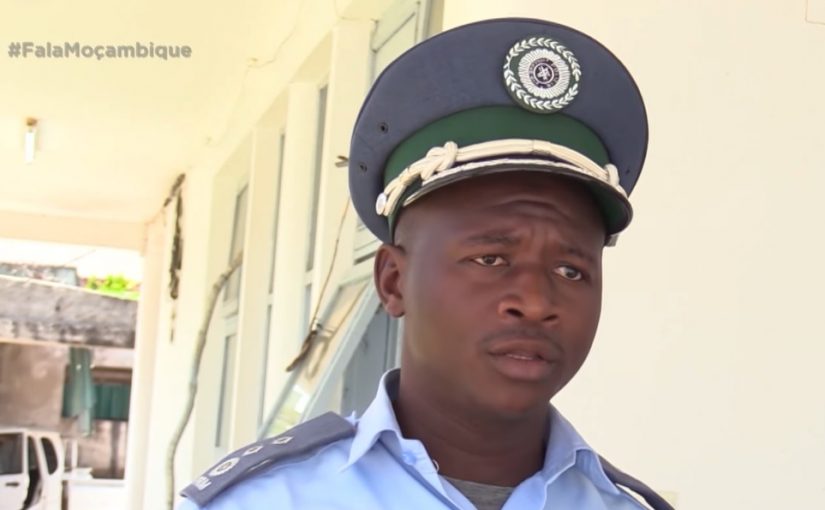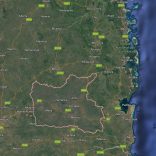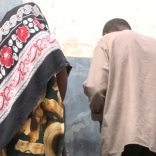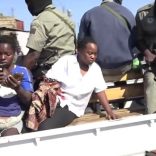Mozambique: Fishermen detained in Ancuabe for alleged involvement in terrorism - AIM
Mozambique: One killed, two injured in clashes with police with over albino murder – Watch

Screen grab: Miramar
The incident occurred on Saturday, when members of the public tried to invade a police station to lynch a detainee accused of killing and extracting organs from an albino child in the community.
A 19-year old boy was killed and two other citizens were injured by police bullets when a crowd tried to invade a police station to lynch a detainee suspected of killing a four-year-old albino boy in Morrumbala, Zambézia, central Mozambique, a police source has reported0.
The incident occurred on Saturday (03-02) in the district of Morrumbala, when people tried to invade the police station to lynch a detainee accused of killing and extracting organs from an albino child in the community, police spokesman Miguel Caetano told a press conference.
“Negotiations took place, but they all failed. The police were forced to fire bullets into the air to disperse people and accidentally shot three citizens, one of whom – a 19-year-old boy – lost his life on the way to the hospital. The other two are out of danger,” Caetano reported.
The murder of the four-year-old albino boy occurred on January 31, his body being found in the woods the following day with his arms, legs, eyes and heart removed. The boy had been snatched from his home in an incident which saw both his parents stabbed, A Verdade reports.
Local press claim that, based on a video circulating on social media, local people have already lynched a second man suspected of being involved in the child’s murder, but authorities have not so far confirmed this.
In some areas of Mozambique, albinos are frequently killed for the purposes of superstitious practices.
People with albinism are often the victims of persecution, violence and discrimination due to superstitions which condone the use of their organs or bones in rituals, making them among the main targets of human rights violations.
Since 2014, in Mozambique, at least 114 people with albinism have disappeared in unexplained circumstances, according to the latest data provided to Lusa by the National Human Rights Commission (CNDH).












Leave a Reply
Be the First to Comment!
You must be logged in to post a comment.
You must be logged in to post a comment.